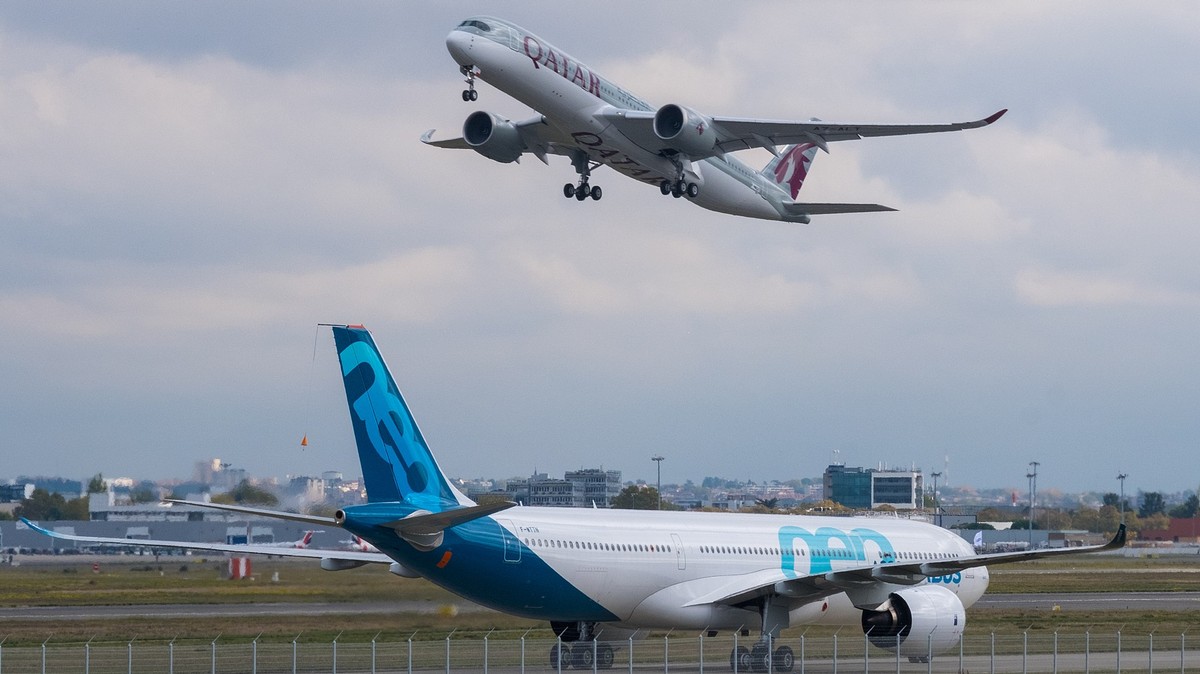Commercial Flights Are Experiencing ‘Unthinkable’ GPS Attacks and Nobody Knows What to Do::New “spoofing” attacks resulting in total navigation failure have been occurring above the Middle East for months, which is “highly significant” for airline safety.
Fucking serves them right, the aviation industry have been buying GPS devices for decades that bleed outside and don’t explicitly filter down to their spectrum. There was a satellite internet startup in the US that went through the whole process, bought its spectrum and was ready to launch, then the aviation industry complained and had them shut down because their devices were all shit and “it would be too difficult to change everyone’s equipment”.
Do you have something I can read about this? It’s a little vague, so hard for me to search, and it sounds like something I would be interested in. Thanks
Pretty sure this is the story, rings true to my memory of the company name starting with “L”: https://arstechnica.com/tech-policy/2011/04/lightsquared-broadband-a-threat-to-gps/
Although this article doesn’t cover how the GPS systems used cheap filtering circuits that didn’t adequately filter out adjacent frequencies. This was done purely to save money, because there wasn’t anything using the adjacent frequencies. As a result, LightSquared went bankrupt in 2012.
Thanks I’ll give it a read.
That just means you can’t use autoland in low visibility conditions. Modern IRUs (inertial reference unit) are highly accurate laser gyros that can use GPS for correction, but will throw out the data if it doesn’t make sense. Navigation won’t be affected much, and autoland (if used) will still rely on VHF guidance.
How do IRUs work do to give you location?
We need a backup for GPS. LORAN should never have been shut down.
Do none of the systems, GPS, glonass etc. use encryption or authentication of any form?
Yes Galileo supports encryption. But as far as I know it’s not in use. Has been trialled only. But I know all Airbus aircraft only support GPS satellites and nothing else (yet). I assume Boeing, being American would be the same then.
As far as solutions go, an aircraft can navigate fine without GPS. It can update its position from ground navigation aids and if they are not available it can still Dead Reckon very well. The navigation error very slowly grows until it’s out of the black spot and can use GPS or navigation aid to increase its accuracy. But this navigation error on the time frame of say an hour is a matter of kilometers at most, not dozens.
What about GLONASS, Galilleo, or BDS? Are they all being equally jammed? Why wouldn’t they sync with all of them and use a consensus to determine accuracy? Like having multiple ntp servers.
The latest generations of gnss receivers have spoofing and jamming mitigation and detection features included with the chip, and multi-band rx technology to sync to more constellations simultaneously and do exactly what you’re talking about. Before then, the spoofing/jamming detection would likely need a software implementation after the receiver. There are different types of spoofing/jamming, all of which are detected and mitigated in different ways.
I don’t know the commercial aircraft industry standards for updating technology, but I wouldn’t be surprised if most commercial aircraft don’t have what you’re talking about.



